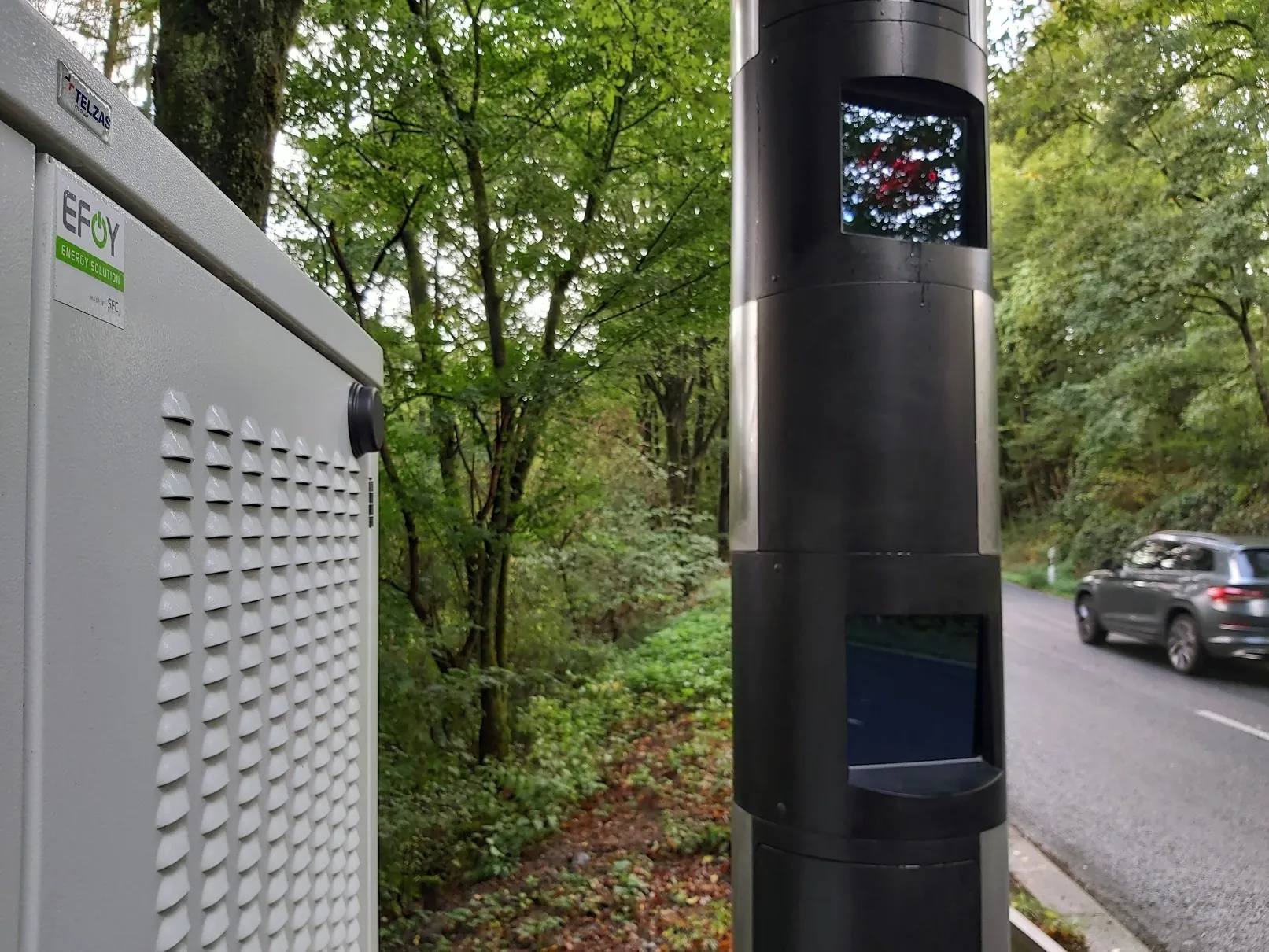SC Group, comprising Sumitomo Corporation and Sumitomo Corporation of Americas is to collaborate with US Hybrid to develop its fuel cell production business through the expansion of fuel cell stack production capacity for commercial production.
US Hybrid and its Fuel Cell division, US FuelCell, have more than 26 years of experience in fuel cell balance of plant components and vehicle development and deployment. US FuelCell develops and manufactures new technologies and transportation products.
SC Gr
August 15, 2016
Read time: 2 mins
SC Group, comprising Sumitomo Corporation and Sumitomo Corporation of Americas is to collaborate with US Hybrid to develop its fuel cell production business through the expansion of fuel cell stack production capacity for commercial production.
US Hybrid and its Fuel Cell division, US FuelCell, have more than 26 years of experience in fuel cell balance of plant components and vehicle development and deployment. US FuelCell develops and manufactures new technologies and transportation products.
SC Group has studied hydrogen as a future clean energy source, including how fuel cell technologies can be applied to cars. In Japan the development of fuel cell technology has already been incorporated into passenger cars like the Toyota Mirai and Honda Clarity.
Through this research, SC Group has recognised the need to develop this clean energy technology for greater infrastructure needs, specifically applying it to public transportation.
It says the agreement with US Hybrid will be an important next step in developing this technology. US Hybrid also marketed the first freeze-capable integrated fuel cell engine for medium and heavy-duty vehicles at the Hannover Messe Hydrogen and Fuel Cells and Batteries Fair earlier this year.
According to US Hybrid, fuel cell vehicles offer high energy efficiency, no tailpipe emissions and full vehicle functionality, including the normal driving range, fast fuelling and a potential path to sustainable transportation.
US Hybrid and its Fuel Cell division, US FuelCell, have more than 26 years of experience in fuel cell balance of plant components and vehicle development and deployment. US FuelCell develops and manufactures new technologies and transportation products.
SC Group has studied hydrogen as a future clean energy source, including how fuel cell technologies can be applied to cars. In Japan the development of fuel cell technology has already been incorporated into passenger cars like the Toyota Mirai and Honda Clarity.
Through this research, SC Group has recognised the need to develop this clean energy technology for greater infrastructure needs, specifically applying it to public transportation.
It says the agreement with US Hybrid will be an important next step in developing this technology. US Hybrid also marketed the first freeze-capable integrated fuel cell engine for medium and heavy-duty vehicles at the Hannover Messe Hydrogen and Fuel Cells and Batteries Fair earlier this year.
According to US Hybrid, fuel cell vehicles offer high energy efficiency, no tailpipe emissions and full vehicle functionality, including the normal driving range, fast fuelling and a potential path to sustainable transportation.











